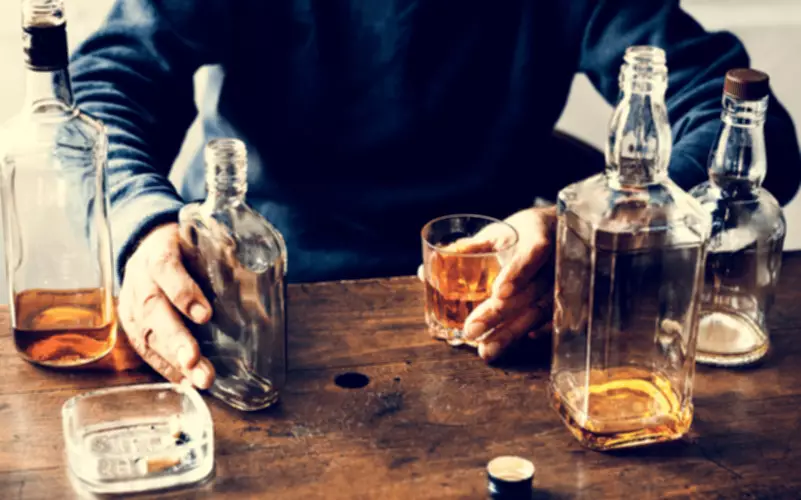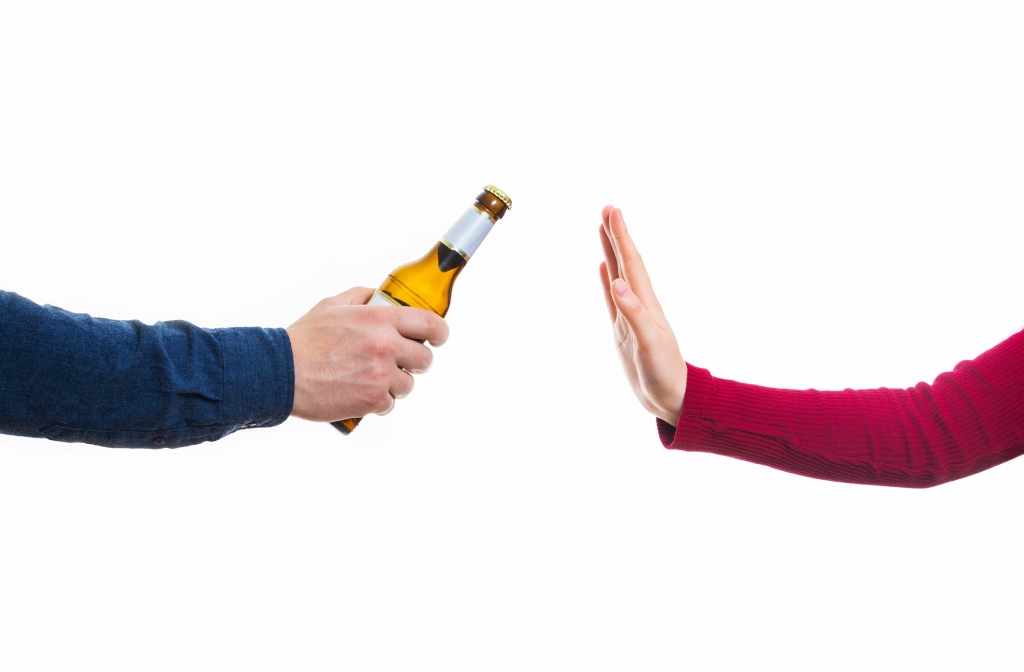Content
This doesn’t mean that you can’t have a glass of wine with dinner if you choose to. But it does mean that you shouldn’t assume it’s benefiting your health, or that it’s guaranteed to be safe. Most of the health benefits of red wine can be gained from other food sources, while alcohol, no matter the situation, is toxic to your body. For example, if a person relapses after a period of sobriety, they may need to return to support group meetings, or if they are already attending meetings, add counseling to their treatment plan.

If you use alcohol as a way to numb your symptoms of anxiety, this can also make the symptoms worse down the line — due to the fact that you’re not learning how to cope with your emotions properly. Instead, you should keep track of how long alcohol can stay in your system, drink lots of water and wait for your body to clear it all out. Alcohol interferes with normal brain activity, no matter how you feel when you drink. One of the biggest misconceptions around alcohol is that it gives you energy, which may motivate you to drink more, especially during social situations. Problem drinking is not about what you drink, but how it affects your life. For example, if you can answer “yes” to any two of the following statements, drinking may be causing you problems.
Table of ContentsToggle Table of ContentToggle
A drink is defined as 12 fluid ounces (355 mL) of beer, 5 fluid ounces (148 mL) of wine, or 1½ fluid ounces (45 mL) of liquor. Some people take medicines that make the effects of alcohol stronger. Sadly, some older adults may start to drink more because they are bored or feel lonely or depressed.
- There are many myths about alcoholism and reaching sobriety with the right help is not one of them.
- All you’re doing is adding more toxins to your body that’s already working overtime to clean out the alcohol you’ve already consumed.
- Some people will experience adverse consequences that range from fights to falls to traffic crashes.
- Even if a person’s problem begins with wine or beer, there’s a high chance they may end up on the wrong path.
- Or they may take medicines that make the effects of alcohol stronger.
If The Recovery Village is not the right fit for you or your loved one, we will help refer you to a facility that is. Common remedies include rehydrating with water to address the dehydration and consuming potassium-rich fruits like bananas, oranges, apricots, and grapefruits to replenish lost electrolytes. Some believe in the efficacy of drinks like Korean pear juice, prickly pear cactus juice, https://ecosoberhouse.com/ or red ginseng. However, research suggests that while various pills and patches are marketed for hangovers, their benefits may not be scientifically substantiated. Check out our blog posts and resource links for the latest information on substance abuse. From detoxification treatment to inpatient programs, and medication-assisted recovery, you’ll be able to find the best program for your needs.
Sobering Up–Myths and Facts
Caffeine will make you feel more “alert.” But you’re only going to be a more alert drunk person. Our Recovery Advocates are ready to answer your questions about addiction treatment and help you start myths about alcoholism your recovery. For more detailed information on the effects of alcohol and how to drink responsibly, refer to resources provided by the National Institute on Alcohol Abuse and Alcoholism (NIAAA).
- Recovering alcoholics find valuable support through continuing therapy, participation in 12-step groups, or sober living homes.
- Whatever you drink, it is important to know your alcohol content so you can adapt how much you drink.
- If you use alcohol as a way to numb your symptoms of anxiety, this can also make the symptoms worse down the line — due to the fact that you’re not learning how to cope with your emotions properly.
- However, this attitude may contribute to many myths about alcohol and alcohol use disorder.
- Though you might think alcohol addiction can only affect people of a certain age, the reality is anyone can become addicted to the substance.
- However, there’s limited research showing the efficacy of this form of treatment.
- If you or a loved one is experiencing any of these symptoms or you’re worried they may have an alcohol problem, Addiction Intervention is here to help.
People who try to push you to drink in moderation probably don’t have your best interest in mind. Having a strong sober support network you can call on when you’re thinking that having “just one” won’t put you back on a harmful path is key to a successful recovery. If you can hold your liquor, that might indicate that you’ve developed a tolerance to alcohol, which might indicate that you’re drinking too much. To begin with, some people should never drink any alcohol whatsoever. If you’re pregnant, taking certain medications, recovering from a stroke, dealing with heart disease, or have any kind of liver damage, you should avoid alcohol completely.
Myth #3: I Am Too Old to Have a Drinking Problem
Drinking this amount or more is considered heavy drinking, even if you only drink on the weekends. Heavy drinking can also put you at risk for health problems such as heart disease, stroke, liver disease, sleep disturbances, and some types of cancer. This is one of the more concerning myths about alcoholism, the idea that a person must hit rock bottom before getting better. A person should not have to wait until things have gotten terrible to reach out for help. Some people struggling with alcohol use wait a long period of time before reaching out for help, others get help as soon as they sense something is wrong.
- In other words, coffee may just mask the feeling of being drunk, which is still not good.
- While attending a 12-step program like AA may work for some people, for others, a more individualized treatment method may work better.
- The main goal of detox is to stabilize the patient and prepare them for a formal treatment program.

Comentarios recientes